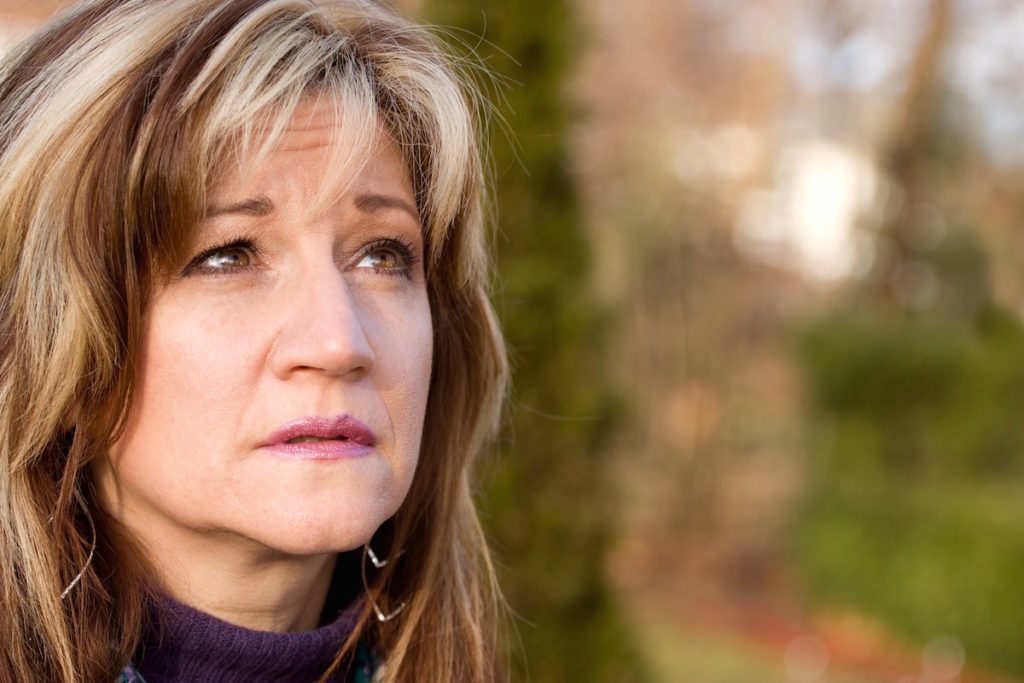Lorelie Rozzano is a guest blogger for Vertava Health. When you love someone struggling with addiction, your world turns upside down. What was once familiar and normal, becomes a frightening new world of chaos and confusion. When you’re not second-guessing yourself, you may be on a crazy roller coaster ride of emotional highs and lows. After the initial shock and denial wear off, you are left with anger, hurt and pain. Lots of pain. You might beat yourself up and question what you did wrong. You will try to help. You may even feel like banging your head against the wall. Going through the intimate experience with a loved one struggling with addiction is traumatic. The devastating effects this illness has on families can create long-term physical, emotional, psychological, and relational scars. Everyone in the home is affected. Siblings who aren’t addicted may feel neglected. Parents don’t consciously stop thinking about their other children. It happens over time. As the addicted person becomes sicker and the home more chaotic, families settle into crisis response. To keep the peace they adjust their needs around the addicted person and may accommodate use and other unhealthy behaviors. As the old saying goes; a happy addict is an enabled addict. Mental obsession can be a by-product of unhealthy homes. The family becomes hyper-vigilant and over-focused on the addicted person. Mental obsession is a recurrent, persistent thought, image, or impulse that is unwanted and distressing. It comes involuntarily to mind despite attempts to ignore or suppress it. Families may live their life on high alert, watching for the head nod or slurred words. Home is meant to be our haven. A place where we feel safe, sit back, take a deep breath and unwind from the day. In other words, shake the world off our shoulders and recharge our batteries. But when your home houses an addicted person, it is anything but safe. Instead of unwinding, you’re tense. You walk on eggshells trying to avoid conflict. When you’re not holding your breath you’re hiding your valuables, putting locks on your medicine cabinet and hiding your keys. No one wants to live like this. A parent’s instinct is to protect their children. But addiction is tricky. It is also cunning, baffling and powerful. Most parents or spouses of substance users have thought about asking their loved one to leave. Many even have. However, the addicted person doesn’t usually stay gone. They are often in a revolving door relationship with their families. This happens because of fear. The number one fear I hear from parents with addicted adult children in their home is this. They are afraid if they ask their child to leave, they will upset them to the point that they will use and die. Parents aren’t being dramatic. Their fear is real. Asking their addicted loved one to leave the home could be the catalyst to an overdose. But then again, it’s just as likely their loved one could overdose in their home, or at their friend’s place, or in their car, or in a public bathroom. Or any other place for that matter. If you’ve ever attended 12 step meetings or sought counseling, you’ve probably heard the term tough love before. Tough love is named aptly. It’s tough! But not because it’s cold or mean. Tough love is difficult because saying no and setting boundaries is hard to do. Addicted persons don’t like the word no. They will often behave badly when hearing it. They can wear you out. It’s easier to give in and give them what they want than it is to say no. Another way to look at it is; addicted persons get rewarded for the unhealthy behaviors they display. Without boundaries, you’re a puppet to this disease. Healthy boundaries are the physical, emotional and mental limits you establish to protect yourself from being manipulated, used, or violated by others (including family members). Boundaries are flexible, meaning they are movable depending upon your needs. Boundaries are not walls. They are not meant to be rigid. Healthy boundaries teach people how to treat you. They tell people what is okay for you and what is not okay. Boundaries take responsibility for your actions and emotions, while not taking responsibility for the actions or emotions of others. Tough love is not an act of hatefulness or cruelty. It’s just the opposite. Tough love is an act of love. It invites the addicted person back into reality. When you’re high all the time the world takes on a hazy, warm glow. It’s like living life inside a chemical bubble with your favorite down comforter. Tough love breaks that bubble with truth, boundaries and facts. Without consequences, the addicted person is free to focus all their attention on getting high and becoming sicker. Tough love saved my life. My partner took a stance. After many years of him enabling me and me manipulating him, our dance came to an end. He walked away from me, leaving me with a choice. Him or drugs. I couldn’t have both. I was lucky. No one in my life would enable me. Not one person. I couldn’t keep a job. I had no money and I was homeless. Out of options and needing medical help, I chose rehab. There is very little middle ground in addicted relationships. You are either part of the problem or part of the solution. One thing is for sure. What you allow, will continue. If you or someone you love needs help, please call this confidential support line for assistance. 844-470-0410.
Will Tough Love Help My Addicted Family Member?


